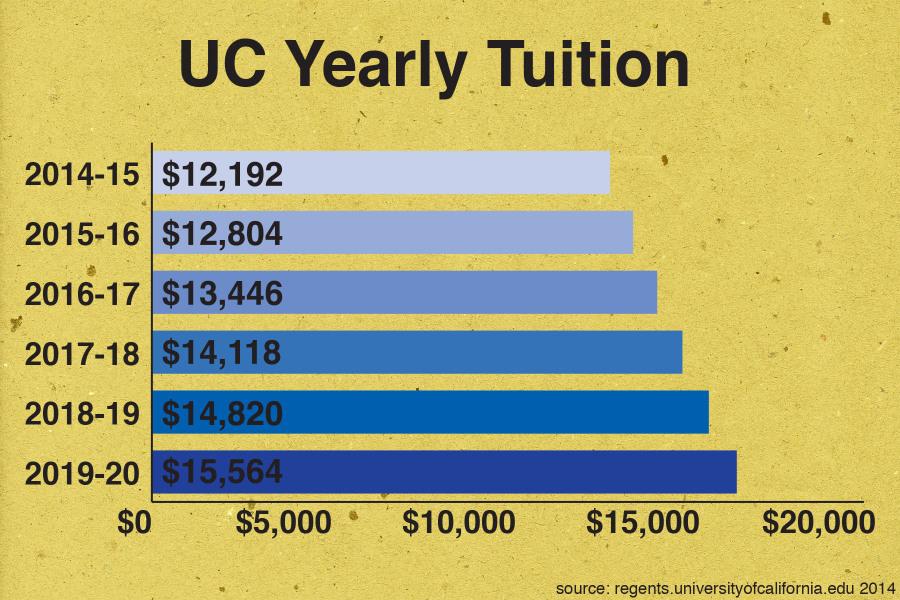With every new semester comes an onslaught of complaints about books, parking and full classes. But I cannot help thinking how lucky I am. I know how good I have it, because I know how little some schools have.
I had the chance a few years ago to travel to Egypt to help refugee children from Sudan and work at the schools. Technically I was the adult supervisor, but in truth, it was my two teenage daughters who were the organizing force behind the trip.
The primary focus of refugee schools is to provide protection for children. Without schools, they would be left alone to fend for themselves, wandering the streets or locked in rooms while parents look for work – or a place to live.
At first there was only one school there, which was started by five men. Only one of the men had children, and none of them had experience teaching. None were paid. Nothing about these circumstances was unusual. Not even for the schools run by churches.
Children are taught in English. If nothing else, the Sudanese believe learning English will give their children a leg up in this world.
Two of the children I worked with were named Monastic and Mohamed. Monastic was a four-year-old girl with clean but tattered clothes, and Mohamed was her three-year-old brother. Monastic took her role as caretaker very seriously. She translated everything for her brother, whether it was from English to Arabic, or simply into terms he could understand.
The school was housed in a building that was being refurbished, so the children had to change rooms whenever the workers decided to move to the area they were in. Monastic led Mohamed from room to room, not letting anyone touch him.
The floors were bare concrete – there were no windows or electricity. There were no doors, and no storage places for supplies. But then again, there were no school supplies, except for the few we brought with us.
As we went to leave one day, a group of children approached, smiling and proud. They had not eaten the one meal the school supplied them, but instead saved it as a gift for us. For most children there, that was the only meal they would have that day.
My youngest daughter, with her bright blonde hair and crystal blue eyes, was especially popular with the Sudanese. It was to her that the gift was offered. She graciously accepted, by far the hardest thing she has ever done. To take so much from children who have so little to give was a life changing moment for us all.
Before we left, I slipped money to the school director to purchase a bag to carry the supplies we donated, and to make sure that, on at least that day, no child went home hungry.
And as meager as those refugee schools were, and still are four years later, they have so much more than the schools in Port-au-Prince, Haiti, have at the moment. The tyranny for me is knowing we have the power to change that.
So yes, textbooks are too expensive, classes are full, and parking is non-existent. But let that be the least of our problems.








